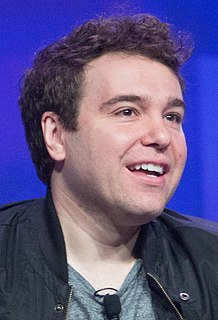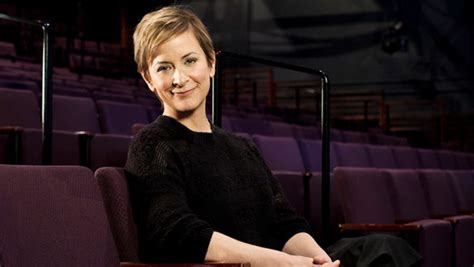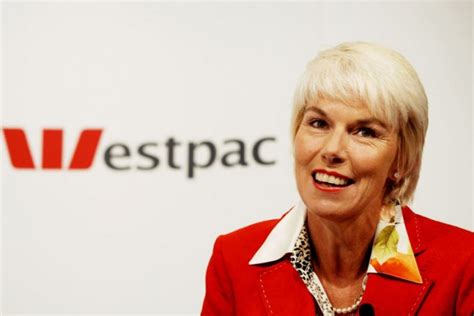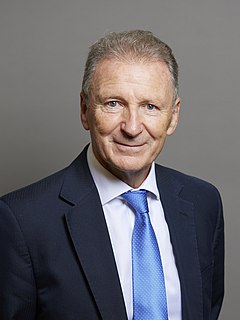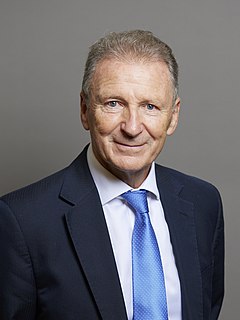A Quote by Jon Lovett
The conversation on Twitter and the way people are in the world are very different.
Related Quotes
I use social media every day. I don't have a Twitter account, but not because I'm a dinosaur about it. I have enough of a platform here. People in my position who do it tend to use it in a promotional way or in a hamstrung way. I look at Twitter all the time as a news tool or for cultural conversation. I've used it in my reporting. It's very useful.
Honestly, I am hoping to influence young people, and Twitter's a great way to encourage them to lend their voice to the conversation. Any time you can show young people that you support gay friends and that there are gay people in the world who are lovely, happy, singing, and in love, it opens their minds.
I think of Twitter as the place where I go to have a great conversation when I can't have one locally, which seems to be all the time, and the more time that I spend on Twitter, the more I sort of curate this incredible group of very intelligent people that I just get to know purely through the quality of their thoughts.
One of the central challenges for global conversation today is to find ways of getting to understand very different views about gender and sexuality. But we should start by recognizing that these issues are subjct to disputation within every society as well as across societies. We need a global conversation that recognizes that we have these very different views. Next, try to agree on fundamental rights: things we think every person is entitled to. Finally, if we're convinced that what a government or a society elsewhere is doing to some people is badly wrong and the conversation gets nowhere.
I think if you look down the road for Twitter, we would like to be a company - a service - that is used by billions of people around the world in every country in the world because we feel that the power of Twitter is that it brings people closer to each other, to their governments, to their heroes, etc.
